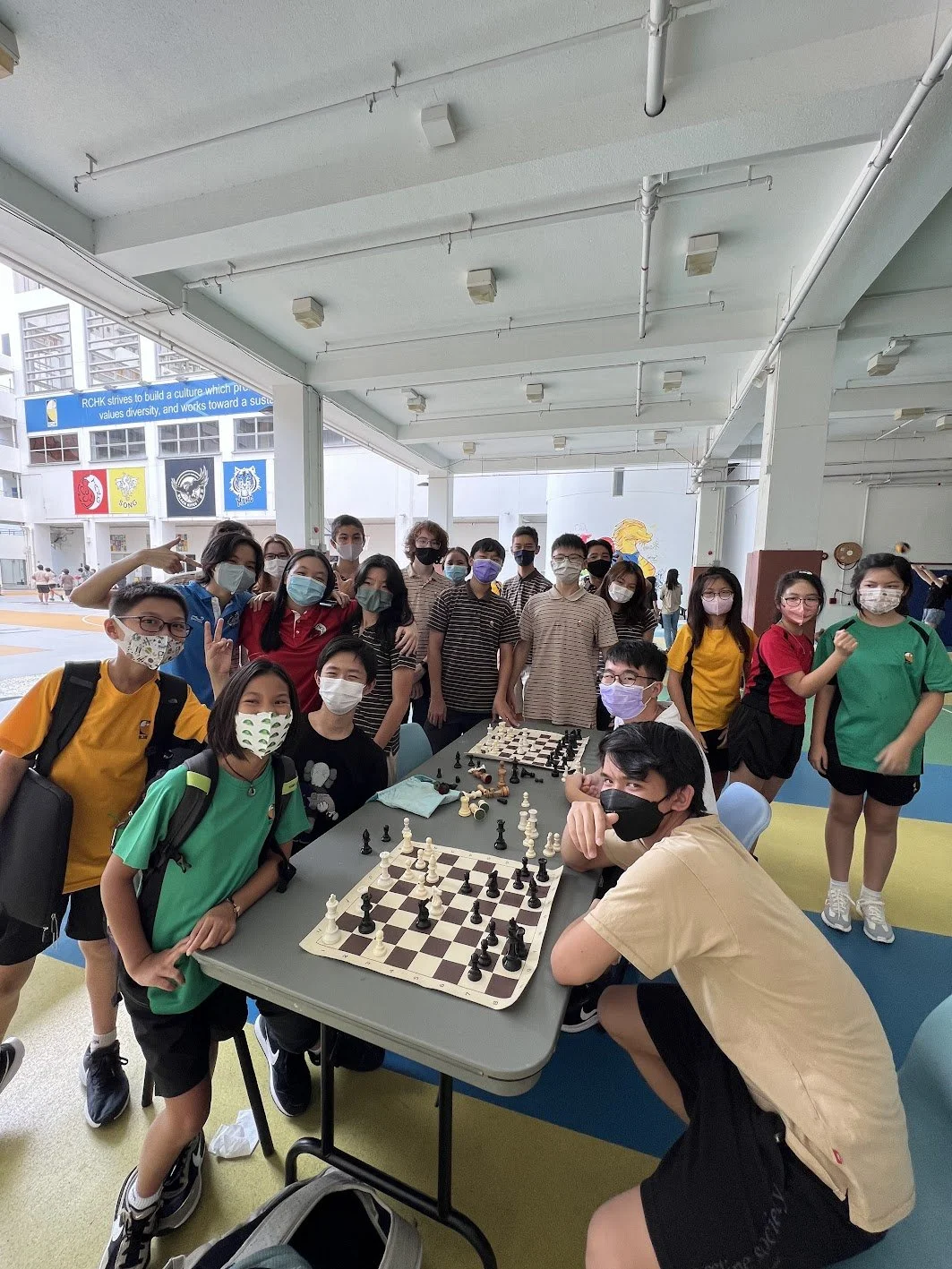House competitions: are they really?
By Kyla Cheung
Renaissance College prides itself on being an inclusive community. Since its beginning in 2006, the school has strived to build a culture that promotes peace and democracy, values diversity and works toward a sustainable future.
The school encourages healthy competition and participation among all students who attend there. However, numerous events hosted at RCHK have started declining in participation.
Over the past years, students suspecting ‘manipulated’ competitions have started to circulate. Students expressed that while teachers always push them to try their hardest, many often feel dispirited because they believe their efforts will go to waste. The outcomes of these competitions have repeatedly left them disappointed, especially when they have put in their best efforts only to feel cheated.
Although some teachers have denied this, the school's students believe another story.
"I believe Idol was manipulated," said a student from Ming regarding the results of last year's House Idol competition. "I think there might have been a bias towards the teachers who were leaving because Tang and Song were the ones that had house directors who left that year, and they won the competition."
"Ming and Qing were obviously better," commented a student from Tang. "No offence, I'm from Tang house, and I believe that Ming and Qing had more criteria like props, costumes, and the number of people. It was definitely a shock when we won."
Students pointed out how the judges never revealed any of the scoring criteria for competitions. Judges gave results at the end with no explanation on marks. Students never got to see how they were being scored or what they could have done to improve.
The suspicion of ‘rigged’ competitions arose from there, with many complaining of manipulated results from inter-house matches held at Renaissance. How were they meant to believe the judges' words without any evidence?
To further investigate this issue, an interview was conducted with Harry Brown, a judge for last year's Idol, to gain their perspective.
“The judges are given a rubric for the competition. It isn’t as specific as the student ones but works the same way. Nothing is stopping us from releasing the marks. I guess it never occurred to us to release it because we have never done it before.”
Upon further questioning, he mentioned.
“There’s always going to be disappointment, especially if people think they did better. Even when it’s very clear who came first, second or third, there will always be questions. If there are questions, it's good to raise these questions.”
Brown acknowledged that with Idol being held so late in the year, students wouldn’t be able to raise questions about fairness. However, Brown believes that instead of making the rubric more specific and publishing numbers, we should move away from them entirely.
He noted that the difference between Idol and every other house event is the time and effort students put into it. The most interesting part of Idol to him is how the houses interpret the event; every year they get the same prompts, but their performances are vastly different in terms of the dances, costumes and even the songs performed.
Brown said that if the goal is to have fun, then he doesn’t see why Idol has to be a competition in the first place. Instead of a competition, Brown suggested the competition could become an exhibition. The RCHK Idol Exhibition, where there would be no numbers but a performance celebrating all the students' talents.
Consequently, he realised this might garner some negative responses from the students. However, he doesn’t believe removing the aspect of the competition will take anything away from Idol. Brown believes that it may even increase participation due to students not feeling the pressure of having to win. Many performers and musicians in Renaissance were hesitant to participate in competitions due to the fear of being judged, and all they need is a little encouragement to push them out of their comfort zone.
But is this solution something that the students will encourage? Well, Brown leaves that up to the students to decide. “At the end of the day, Idol is an interactive competition. We all have friends from other houses. It’s not the type of competition where it's one country against the other, like in the Olympics. We’re all part of the same school where we are arbitrarily assigned to various houses. If students are questioning the results to this day, maybe we should think about doing this differently.”
House chess 2022
